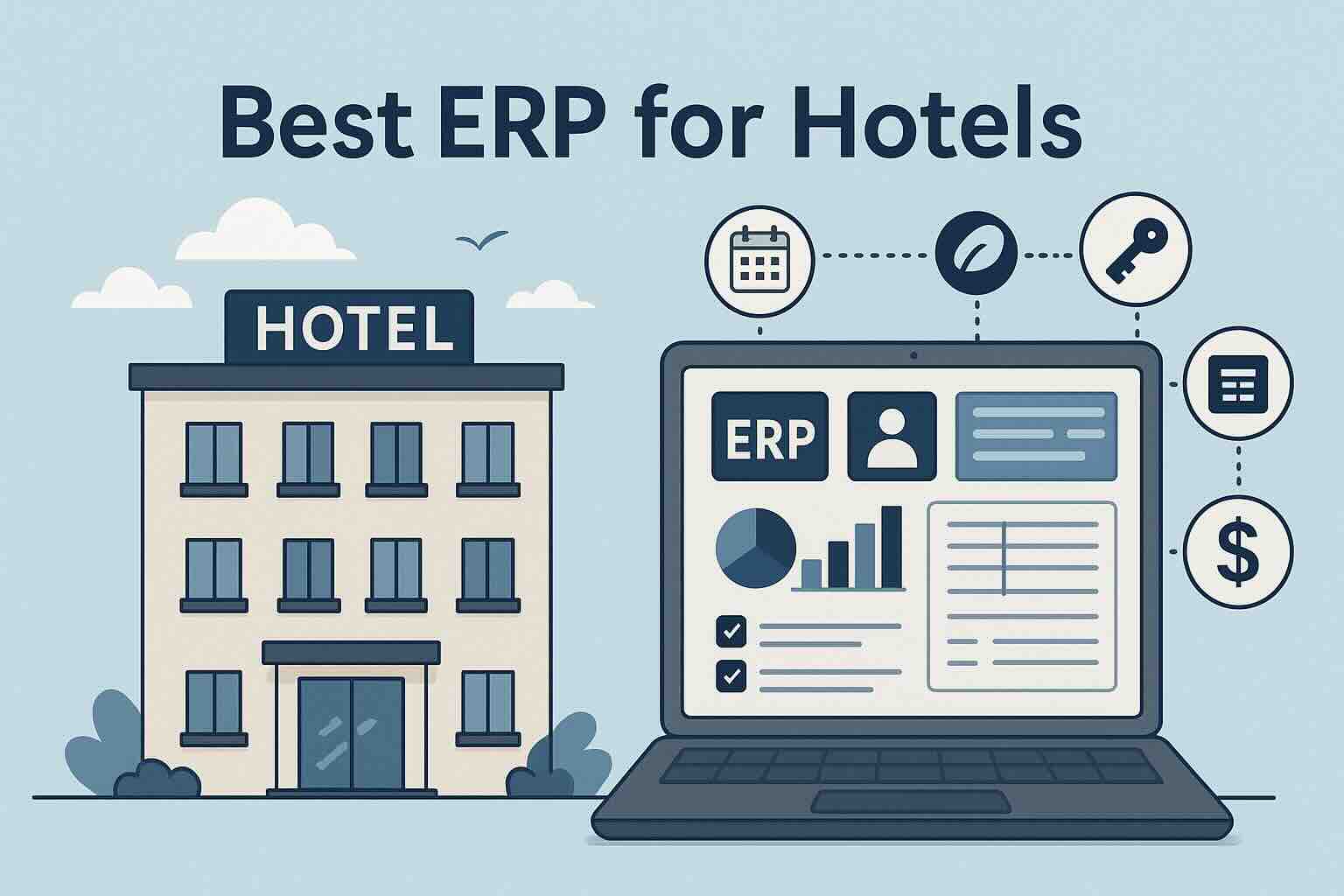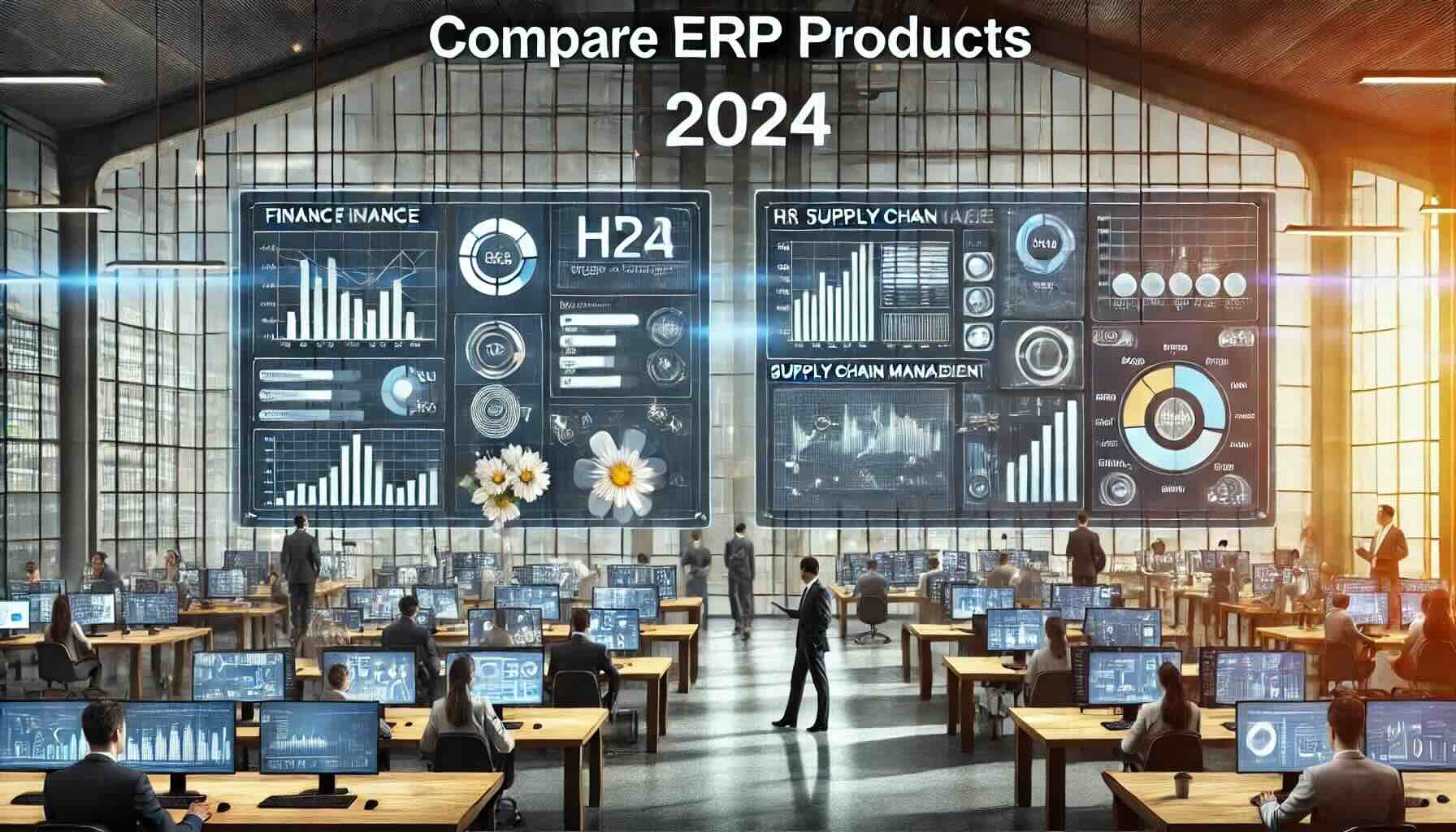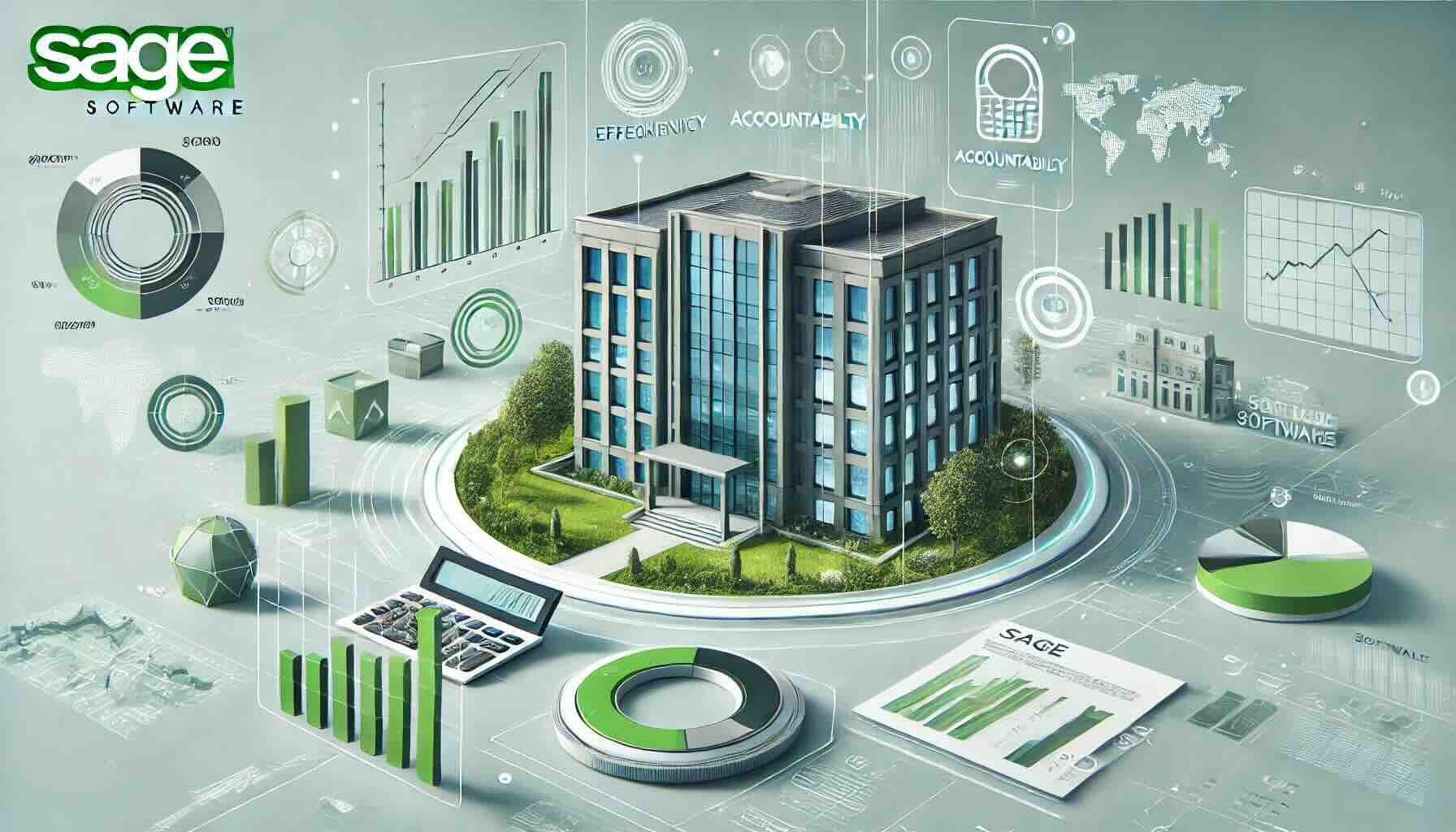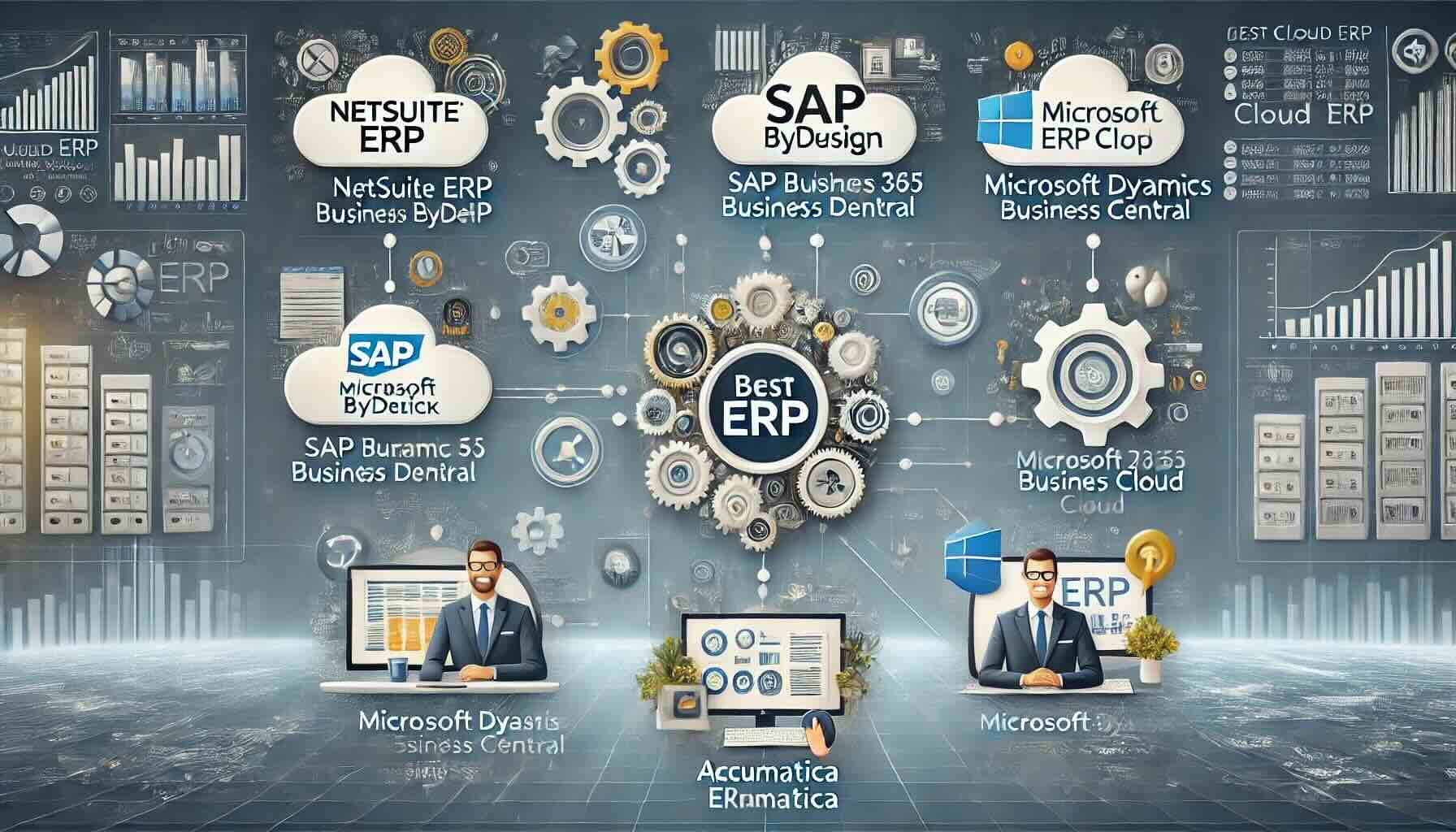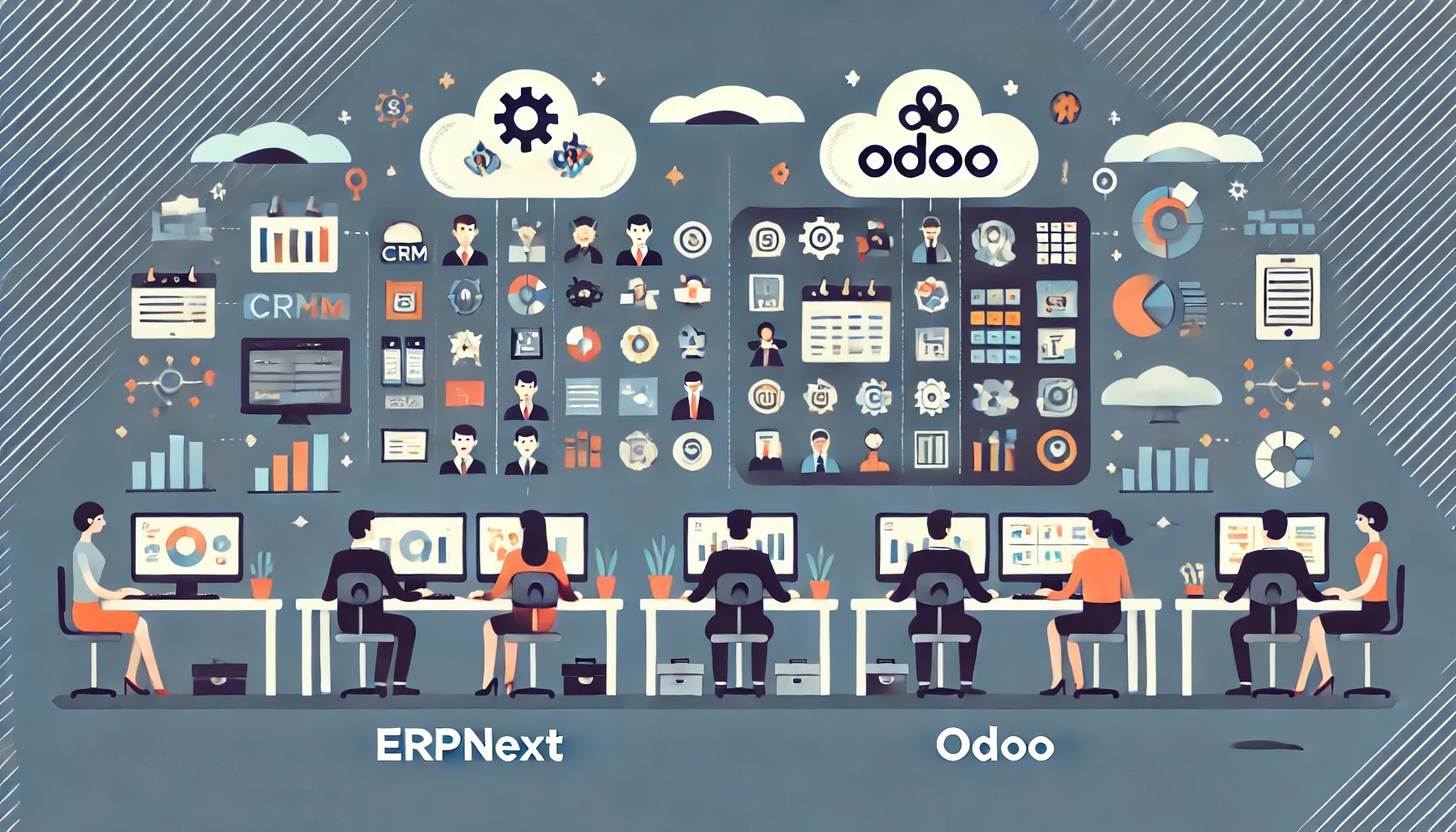Should Retail Businesses Choose SAP S/4HANA?
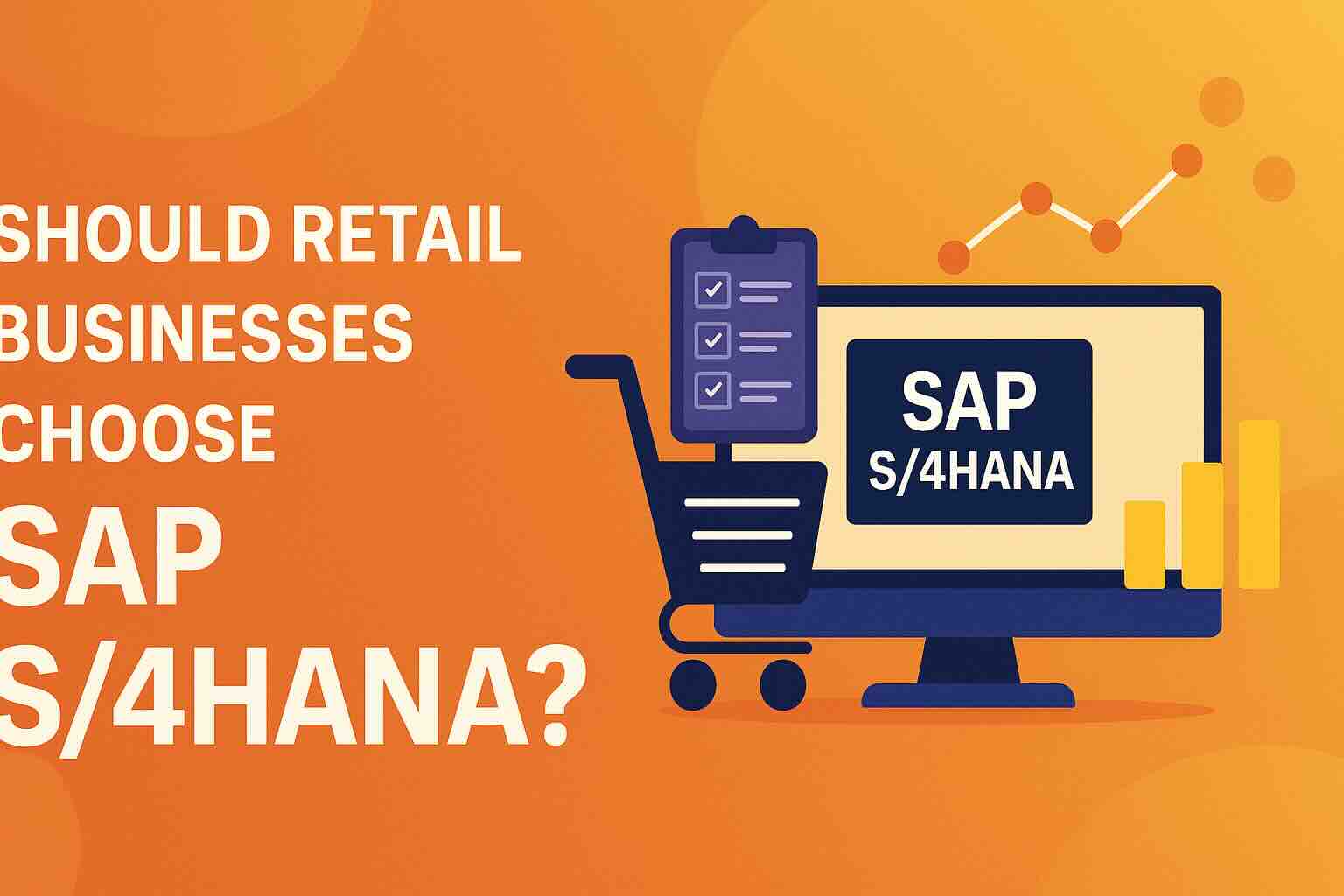
Retail is evolving faster than ever, driven by shifting consumer habits, digital disruption, and the pressure to deliver seamless shopping experiences across every channel. To keep up, retailers are rethinking their core operations — and many are turning to SAP S/4HANA for retail as a modern ERP solution that promises greater efficiency, real-time insight, and scalability. But is it the right fit for your business?
What Is SAP S/4HANA?
SAP S/4HANA is the next-generation ERP suite from SAP, designed to run on its in-memory database, SAP HANA. It provides real-time analytics, simplified data models, and enhanced usability, allowing businesses to streamline operations and make faster, data-driven decisions. For the retail sector, SAP S/4HANA includes specialized modules and capabilities tailored to meet the unique challenges of inventory management, customer engagement, supply chain coordination, and omnichannel integration.
Why Consider SAP S/4HANA for Retail?
1. Real-Time Inventory and Supply Chain Visibility
One of the biggest pain points in retail is maintaining accurate, real-time inventory levels across multiple channels. SAP S/4HANA for retail enables centralized inventory management and predictive analytics to optimize stock levels, reduce overstock and stockouts, and improve fulfillment accuracy.
2. Enhanced Customer Experience
SAP S/4HANA supports personalized promotions, customer segmentation, and loyalty programs by integrating customer data from online and offline sources. This unified view allows retailers to create seamless, personalized shopping experiences across all touchpoints.
3. Agile Omnichannel Capabilities
With the rise of e-commerce and hybrid shopping models, retailers need systems that support omnichannel functionality. SAP S/4HANA connects point-of-sale (POS) systems, online platforms, and mobile apps to deliver a consistent experience whether the customer shops in-store, online, or via a mobile device.
4. Scalability and Flexibility
Retail businesses often experience fluctuations in demand due to seasonal trends and promotions. SAP S/4HANA offers the scalability to handle such variations and can be customized to suit the unique needs of small, medium, or large retailers.
5. Improved Decision-Making with Embedded Analytics
With embedded analytics, decision-makers get real-time insights into sales performance, customer behavior, supplier efficiency, and more. Dashboards and KPIs can be tailored to individual roles, empowering staff at all levels with actionable intelligence.
Challenges of Implementing SAP S/4HANA in Retail
While the benefits are compelling, retailers must also consider the challenges that come with transitioning to SAP S/4HANA for retail.
1. High Initial Investment
Implementing SAP S/4HANA requires significant financial and human resource investment. Costs include software licenses, hardware (if not on the cloud), consulting, and training.
2. Complex Migration Process
For retailers already using legacy SAP systems or other ERPs, migrating to S/4HANA can be complex. Data migration, system integration, and process reengineering require meticulous planning and execution.
3. Change Management
Shifting to a new ERP system affects every aspect of operations. Employees must adapt to new workflows and tools, making change management and user training crucial to a successful rollout.
4. Customization vs. Standardization
Retailers often require unique workflows that may not align perfectly with standard SAP offerings. Deciding when to customize and when to adapt business processes to fit SAP’s model can impact project timelines and budgets.
Cloud vs. On-Premise: Choosing the Right Deployment Model
SAP S/4HANA offers both cloud-based and on-premise deployment options. Cloud deployment is generally faster, more scalable, and requires less internal IT maintenance. On-premise solutions offer greater control and may be more suitable for retailers with strict data security or regulatory requirements.
Many retailers are opting for SAP S/4HANA Cloud for retail to reduce infrastructure costs and enable faster innovation cycles.
Is SAP S/4HANA the Right Choice for Your Retail Business?
Before committing to SAP S/4HANA, retail businesses should evaluate several key factors:
-
Business Size and Complexity: Large and mid-size retailers with complex supply chains, multiple store locations, and omnichannel sales are more likely to benefit from SAP S/4HANA’s capabilities.
-
Digital Maturity: Retailers already investing in digital transformation are better positioned to leverage the advanced features of S/4HANA.
-
Budget and Resources: Consider your financial and human resource capacity for implementation and ongoing support.
-
Growth Goals: If you aim to expand quickly, enter new markets, or adopt new technologies (like AI or IoT), S/4HANA can provide the infrastructure to support those ambitions.
Conclusion
SAP S/4HANA for retail offers a powerful platform to drive operational efficiency, improve customer experiences, and enable agile business models. While the transition involves investment and change, the long-term benefits in data visibility, scalability, and innovation readiness can be transformative for retail businesses.
Retailers ready to embrace a modern, intelligent ERP system that supports growth and innovation should strongly consider SAP S/4HANA. With the right strategy and support, it can serve as a cornerstone of long-term retail success. To find out more about SAP S/4HANA you can visit this link.
Ready to Transform Your Business?
Choosing the right ERP system could be the game-changer your retail business needs. With our AI-powered Compare ERP tool, you can quickly explore and evaluate solutions tailored to your specific requirements – including SAP S/4HANA for retail and over 100 other platforms. Our intelligent engine analyzes millions of data points and delivers your top three ERP recommendations based on your business goals and priorities.
It’s fast, accurate, and completely free. Take the first step toward streamlined operations and smarter decision-making and start comparing now.
